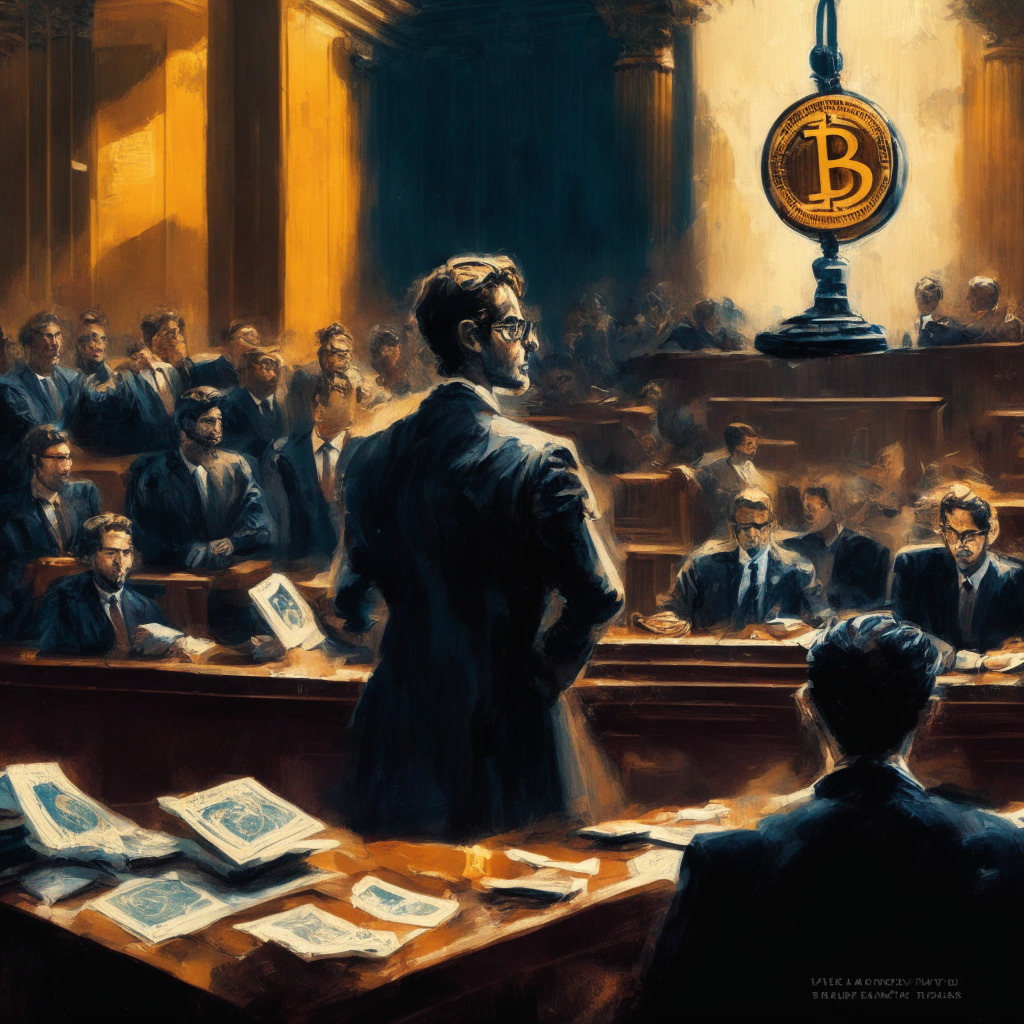On March 28th, French authorities raided the Paris offices of major banks such as HSBC, BNP Paribas, and Société Générale, investigating an ongoing fraud and money laundering case related to dividend payments, asset custody, opaque record-keeping systems, and tax avoidance strategies. The authorities reportedly aim to collect at least €1 billion.
At the center of the investigation is the question of who the actual shareholder is that receives the dividend. Legacy systems with closed, centralized databases make it difficult to determine the shareholder responsible for paying taxes on dividends. The French banks appear to have provided their most significant foreign clients the option to temporarily transfer shares to separate French accounts, thereby lowering their tax burden. This approach relies on maintaining inconsistent records, but exposes the system to fraud.
Blockchain technology, on the other hand, provides a single source of truth in the form of a public, verifiable, write-only database. By applying a blockchain specifically designed for capital markets, ownership data, custody relationships, and tax obligations become transparent and accessible in real time, effectively changing the way shares are managed and accounted for.
For instance, user 0x123abc’s share ownership would be clearly recorded on-chain, while its custodian 0x456def would receive dividends and automatically pay the taxes on behalf of the shareholder. This eliminates the “double-own” problem, streamlines back-office operations, and increases tax collection efficiency while reducing fraud.
Cryptocurrency enthusiasts often discuss “The Flippening,” referring to various events where blockchain technology outperforms or overtakes traditional systems. One such flippening, and perhaps the most intriguing, is when regulators and governments acknowledge the potential of blockchain technology to enhance markets, increase trust, and bolster regulations.
Presently, there is no single proven source for determining share ownership at a specific point in time. Blockchain technology provides a transparent, verifiable, and immutable representation of the real-world financial markets. As it gains wider adoption, it may be just a matter of time before all financial securities are required to operate on blockchains, implementing a much-needed layer of transparency and accuracy to the financial industry.
Source: Decrypt




